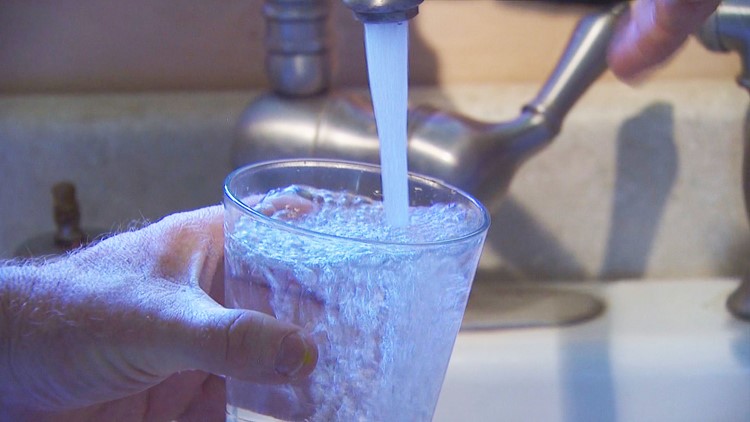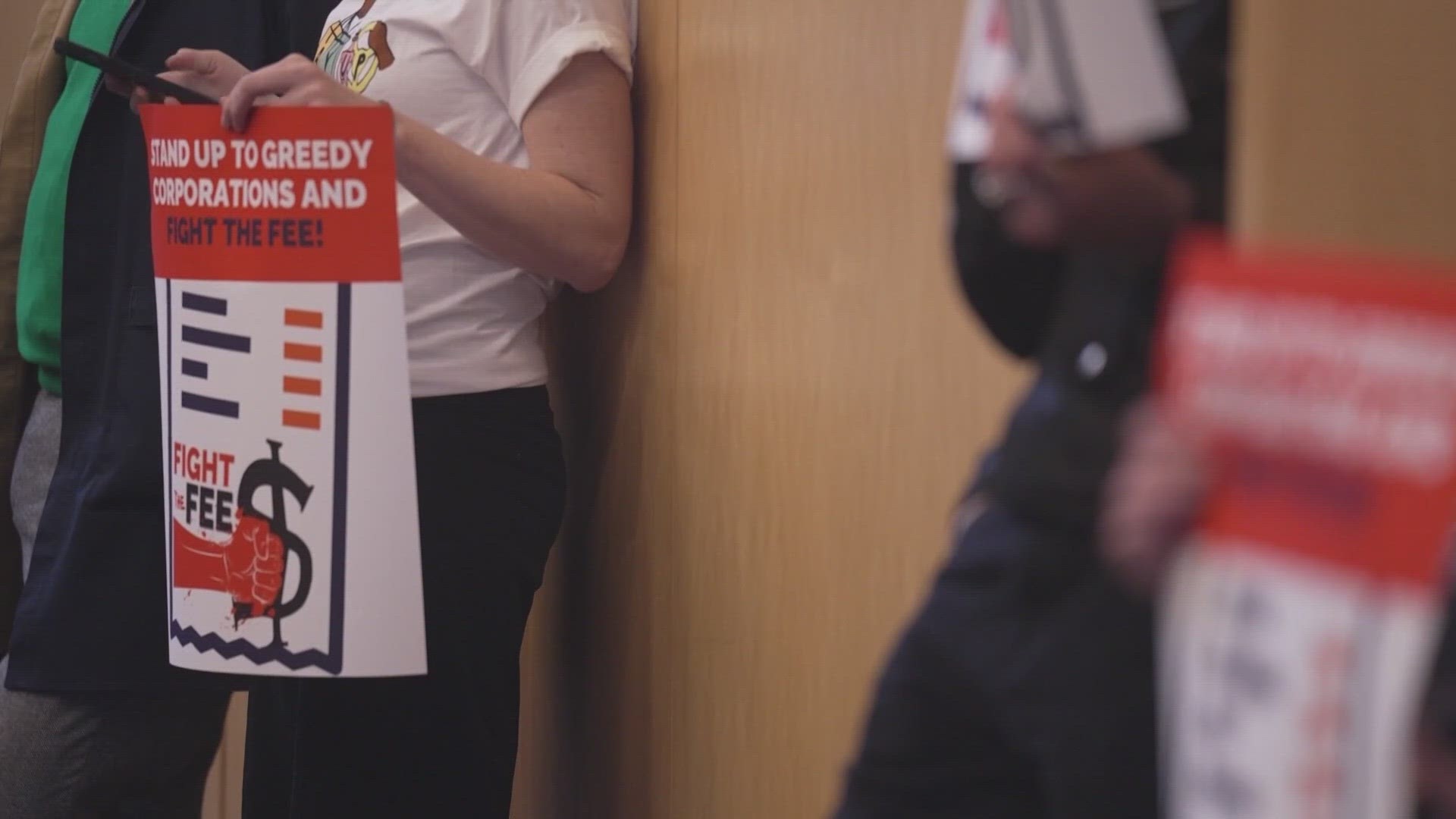Every time he turns on the faucet, Rick Abraham worries for his neighbors on Whidbey Island. Well water on the island has been contaminated with chemicals called PFASs, and the situation appears to be spreading.
"They're having to brush their teeth with that water, drink that water and cook with it," said Abraham.
The chemicals were used for about two decades at the Navy's Outlying Field in Coupeville and Ault Field in Oak Harbor. PFASs are found in foam fire suppressant previously used in Navy training exercises and have been connected to an increased cancer risk as well as developmental issues in children.
"Everyone has been very surprised at how far it has spread and what the levels are," said Abraham, who has worked on toxic pollution issues for more than 25 years.
In June of 2016, the Navy issued a nationwide policy to identify areas where PFASs were potentially released. So far, the Navy has tested 230 public and private wells on Whidbey Island. Thirteen of them are contaminated. The last three were recently found in Oak Harbor.
The Navy is still trying to determine how far the contamination runs.
"If a sampling area shows that we need to expand that sampling area to ensure we collect drinking water samples for all of the potentially affected residents, then the Navy will do so," said Dina Ginn, environmental restoration manager at NAS Whidbey.
A solution to the contamination is still being worked on for residents in Oak Harbor. A decision on what to do there is not expected for at least another year.
The Navy has been giving free bottled water to those with contaminated wells.
A plan to connect impacted residents in Coupeville to the city's water system is expected to be complete by mid-2019, but Abraham is worried about how well that fix would work. He is concerned that testing and filtering of the water may not be adequate.
Anyone who is concerned about their water should call a special hotline set up by the Navy: 360-396-1030.



